Although we remain a democracy against the global consensus that India would fail as a republic, the last ten years witnessed significant institutional assault, opined Minister of Revenue Krishna Byre Gowda on Saturday, addressing a conclave ‘Journalism @ Digital Crossroads’ jointly organised by the Editor’s Guild of India (EGI) and the School of Communication and Media Studies of St Joseph’s University.
“This is reflected in the rankings by many global organisations of India’s democracy and freedom of speech,” he said. Fake news and misinformation often surpass legitimate sources in reach and influence, posing a threat to democracy and societal harmony.
The conclave, inaugurated by Dr Richard Rego, Dean of the School of Communication and Media Studies, SJU, delved into digital journalism’s legal, technological, and ethical challenges in the contemporary era.
Weighing in on the impact of fake news, Sri Krishna Byre Gowda elaborated on the consequences—violence, societal fractures, and eroded trust—while calling for a balanced approach to safeguarding truth and freedom of speech in an increasingly ‘post-truth’ political world.
Dr. Sudhir Krishnaswamy, Vice-Chancellor of the National Law School of India University (NLSIU), focused on the Karnataka Government’s initiative to establish an Information Disorder Tackling Unit (IDTU) to aid in fact-checking information, which is also being adopted by other states. However, he emphasised that the ultimate response to misinformation should not involve criminal law.
Dean Fr Richard Rego said although the media is challenged, yet the situation presents an opportunity to strengthen the core functions of the press- integrity, courage and commitment to truth. Anath Nath, President of EGI, spoke about how AI and digital platforms disrupt journalism and threaten revenue models. Nath also noted EGI’s success in opposing the government’s fact-checking unit, which was ruled unconstitutional by the Bombay High Court, and the withdrawal of the Broadcast Bill following protests by EGI along with Digipub, showing the power of collective action to defend press freedom.
The conclave also featured an array of distinguished speakers, including Mr R Jagannathan (Editorial Director, Swarajya), Mr Raj Chengappa (Editorial Director, India Today), and Mr KN Hari Kumar (Former Editor, Deccan Herald), Mr Sugata Srinivas (veteran journalist & columnist, TOI) who discussed the challenges and ethics of journalism in the digital age. The event concluded with discussing the future of news credibility, featuring Mr Aakar Patel, a renowned journalist and author.
Around 1500 students from across 15 institutions of Karnataka participated in the conclave along with noted academicians and journalists.
Many Journalism students & attendees had Q n A with the panelists and gained lot of insights.
Press releases & inputs from
Karen Hezron & Athar Inam
(Student Coordinators)
School of Communication and Media Studies
St Joseph’s University
Bengaluru

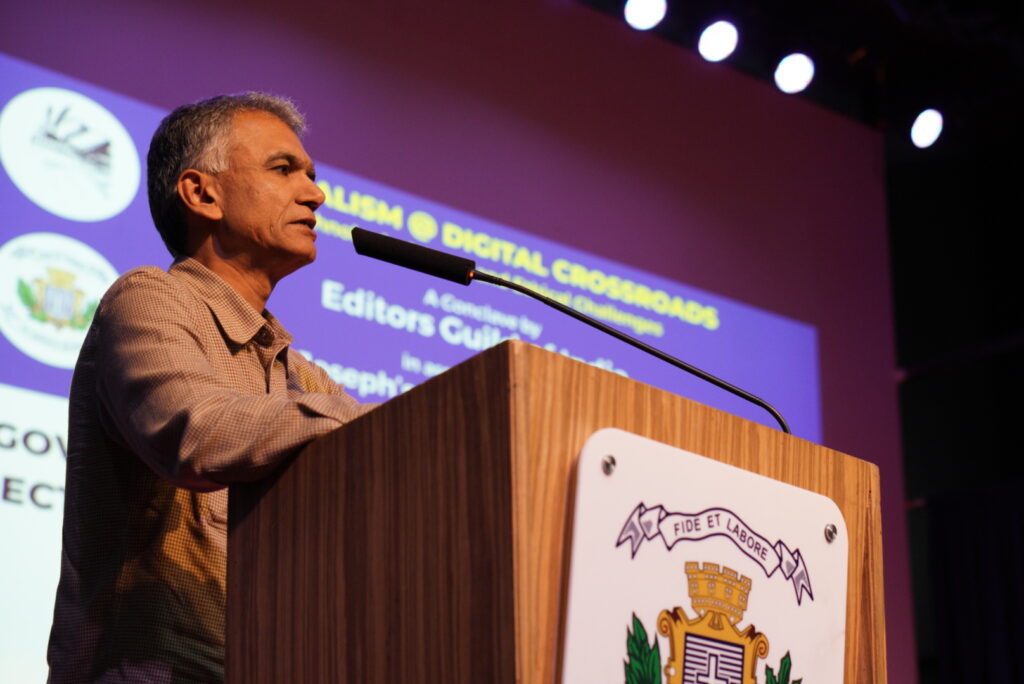
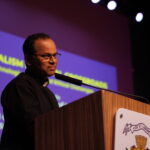
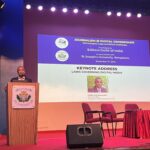
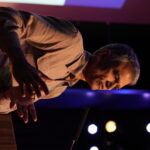
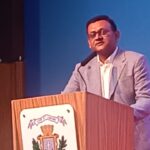
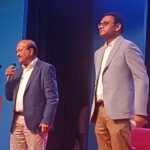
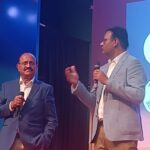
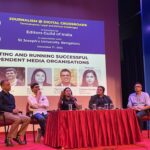
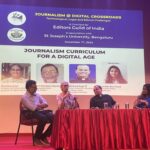
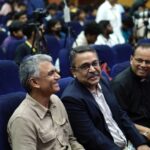



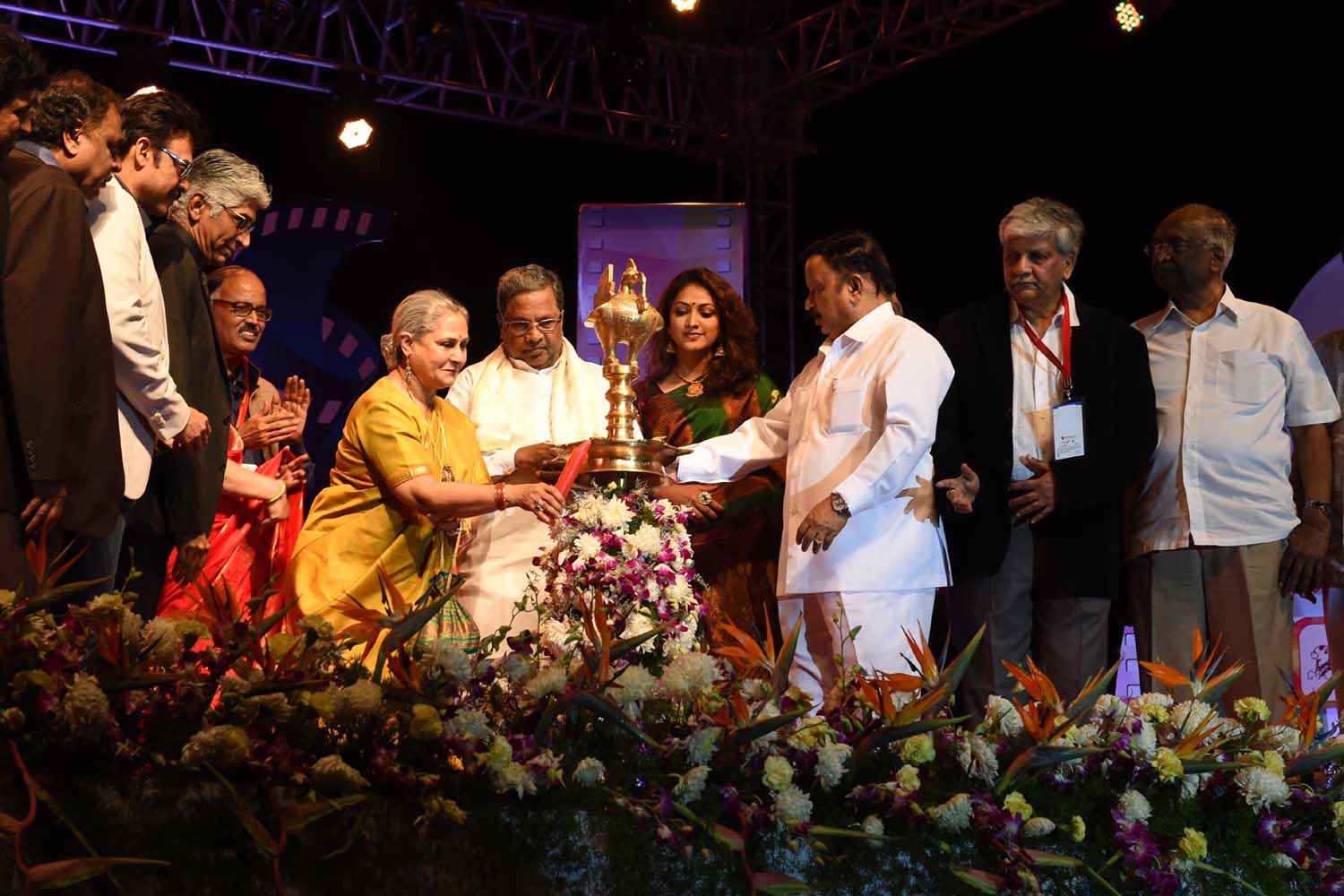
Leave a Reply